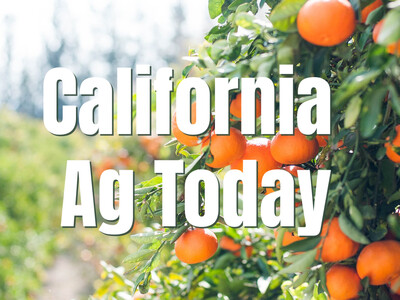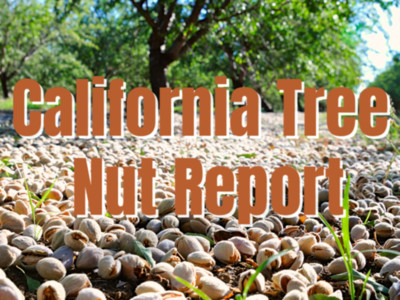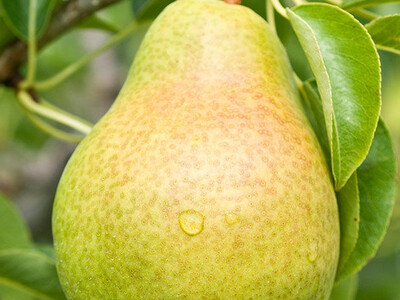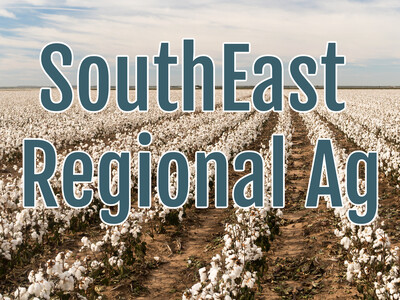Supporting honeybees
We are all painfully aware of the fact that bees across the world have suffered catastrophic losses. Now major stakeholders are getting involved. CropLife America welcomes the release of the White House Pollinator Health Task Force’s “National Strategy to Promote the Health of Honey Bees and Other Pollinators.” Jay Vroom,is president and CEO of CropLife America.
I asked him what farmers could do to promote the health of honeybees. “For a large, sophisticated farming operation it probably starts with educating and reeducating your employees and contractors who are doing management of these in thinking about working in collaboration with your beekeeper, steward the bees in the best possible way. If you are farming corn in Idaho or wheat and there are no neighboring farms that are producing crops that require bees to pollinate the crops, then you probably want to pay more attention to stewarding the production of your crops using crop protection products in a manner that is safe for native pollinators, butterflies, bats and the like. So it really depends on where you are farming and who your neighbors are and whether or not you are using directly managed pollination services or not. Pollinators add more than $24 billion to our nation’s economy, and honey bees support over 90 commercially grown crops in North America:













